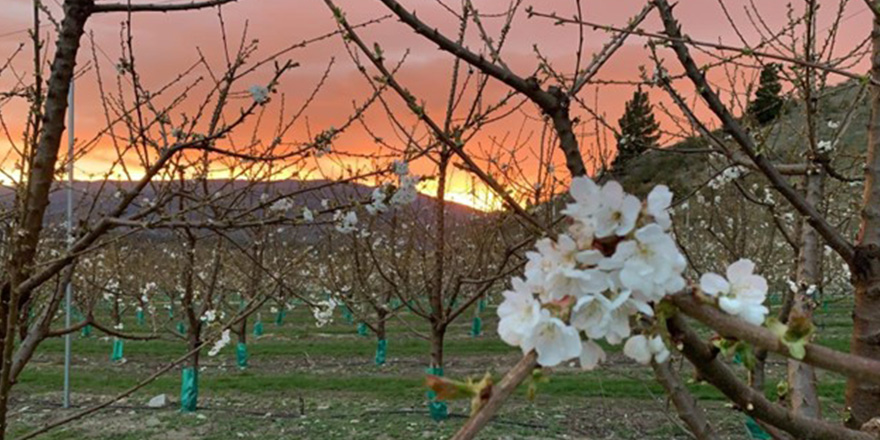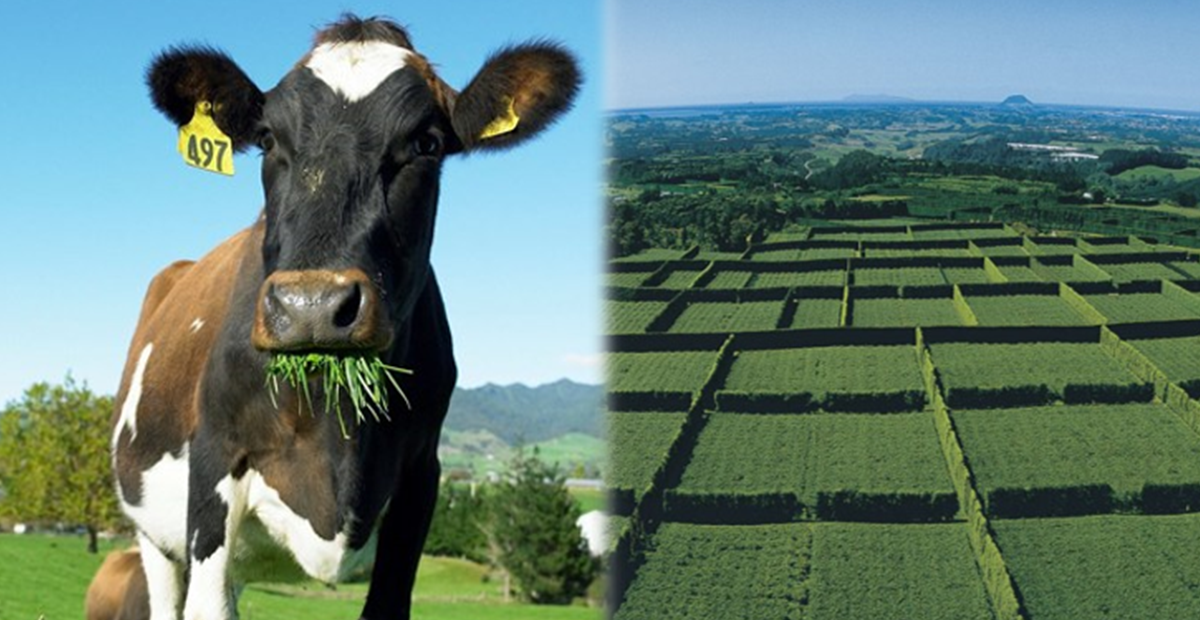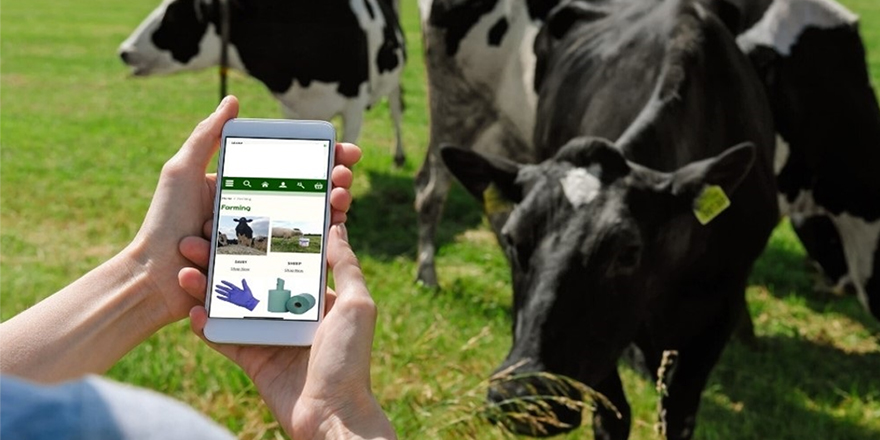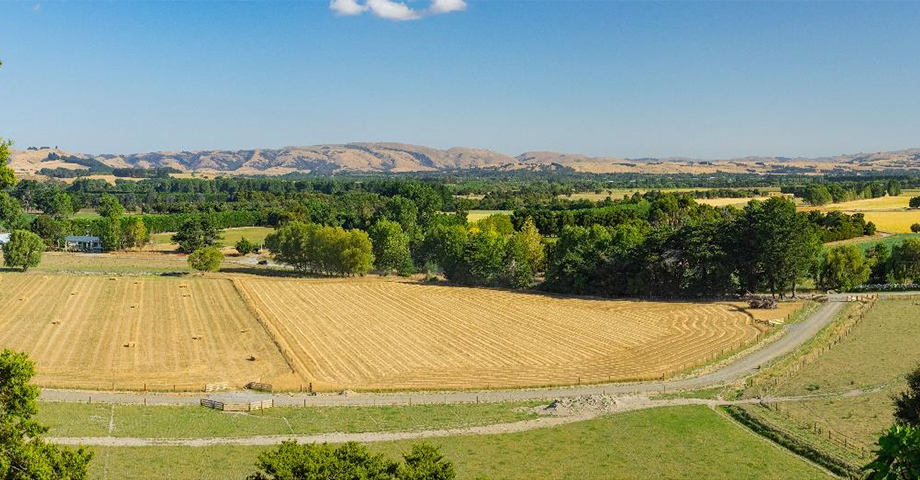Executive summary
The coarse wool industry has been described as being in a state of malaise by the existing literature and industry experts. Back in 1981 Prime Minister David Lange infamously boasted that agriculture was a sunset industry (Federated Farmers, 2014). At the time this was challenged by industry sector leaders as being false. However, whilst undertaking an analysis of the coarse wool, the research has indicated the industry has passed through the ‘sunset phase’ and now is in the ‘decline’ phase and may be irretrievable, unless major changes occur.
The primary reason for this research is to investigate the future for coarse wool. Wool is a hugely under rated product that has so many positive, environmentally conscientious and natural benefits that are being over-looked in favour of synthetic alternatives.
The report continues on from the previously titled “The New Zealand Coarse Wool Industry – Does it have a Future?” (Oliver, 2015). As reiterated in the prior report, the only way forward now for the industry in the expert’s opinion, is for the industry to commit itself seriously to advanced research to take the coarse wool fibre into new uses. This report outlines the potential of using a foresighting, backcasting concept incubator, named ‘Blackroom’.
The key to the utilization of a Blackroom futures concept is to takes the researchers away from the present and places them in the distant future, envisaging the future system state and then bringing it all back in order to determine the pathway to the future product use. The resulting outcome of the Blackroom will be to develop new research pathways for the future of the wool fibre and industry.
Nicole Oliver



